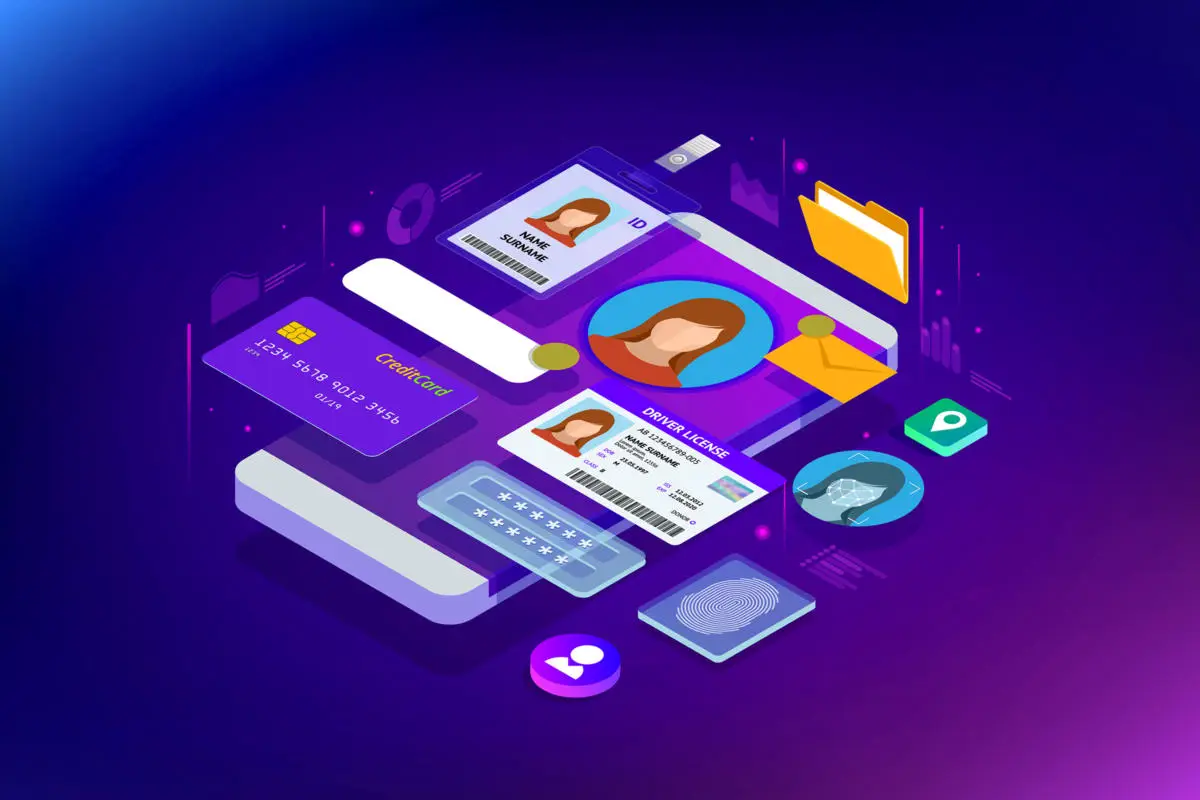Table of Contents
The right to privacy is a fundamental human right that the United Nations recognize. In 1992, the United States ratified the “International Covenant on Civil and Political Rights”, which acknowledges and guarantees privacy rights. These rights are being undermined by governments and BigTech companies that blatantly gather an excessive amount of user data. Sometimes even without your consent.
The Internet posed new challenges to privacy rights. It provides many tools to ensure it, such as cryptocurrency, VPN, TOR browser, etc. On the other hand, Internet users are often deprived of privacy. IT giants like Google and Facebook have been caught collecting more user data than required to sustain their services numerous times. What’s more, Facebook occasionally leaks it online.
There’s no denying that social media is extremely popular, for better or worse. It’s best to take it as a fact. More than four billion people are using social media, amounting to the better half of the world’s population.
But you don’t have to stop using the Internet to retain privacy rights. If you follow at least some steps outlined below, you can protect your online identity from unwanted attention.
Social media habits and privacy features
We started with social media so let’s cover that first. Oversharing on social media is not a good idea. Regretting embarrassing posts is only one side of the coin. But did you know that insurance companies can legally check your social media when investigating a claim? Specific posts can affect your health insurance payouts. Not to mention Internet trolls that feed on personal information.
Developing healthy social media habits is not as easy as it sounds. People are usually taught that sharing is good. Also, it’s hard to resist when emotions are typing the words—whether good or bad, sharing feelings with others is natural. Remember that social media connections aren’t anywhere near as private as your close group of friends.
If you trust social media with more personal information, it’s best to configure your account privacy settings. Make your account private, disable third-party photo tagging, and turn off message forwarding—there are too many things to list. Take time to go through all the privacy features that your social media provides. It might save you from unnecessary troubles.
Consider Cryptocurrency
Cryptocurrency needs little introduction, even for casual Internet users. Governmental and private financial institutions closely monitor all transactions. Some even go as far as stockpiling your cursor or finger movements to build a personalized profile.
Blockchain technology enables avoiding centralized financial institutions. Over 320 million users worldwide use cryptocurrency, ditching the middleman and trading peer-to-peer. Using cryptocurrency protects your online identity because third parties cannot monitor your purchases, consumption habits, or financial situation. Keep in mind that banks, Amazon, and Facebook will go out of their way to get your financial transaction data to use it to sell more.
But do not confuse the privacy that cryptocurrency provides with absolute anonymity. Cryptocurrency transactions are the opposite of anonymous; they are public on the blockchain. But if you use it right, it cannot be traced to you. The anonymity comes from your crypto wallet. There is no need to disclose who owns it nor reveal yourself as the original owner. This is what makes cryptocurrency a concrete step towards online privacy.
Encryption and privacy protection software
Encryption is paramount for online privacy. Cybercriminals hunt for user data just as much as BigTech corporations. They can sell it to marketing agencies for ad targeting, use it for spear-phishing attacks, and who knows what more. Encryption helps solve this issue.
Most Internet infrastructure has migrated to HTTPS (S stands for Secure). But the security it provides is limited. Your data is still stored on a server that can be hacked. And there are ways to track users online that bypass encryption protection.
Virtual Private Networks (VPNs) apply additional encryption to your online traffic and reroute it through their no-logs servers. Additional encryption ensures that cybercriminals cannot decipher the data. And rerouting traffic from your ISP denies governmental espionage. What’s more, if a VPN provides a genuine no-logs service, your browsing data is voided at the end of the session. It’s no surprise that VPN demand skyrocketed during the Hong Kong protests. Demand continues to grow there as the region is threatened by the “Great Firewall” of China.
Final thoughts
The main lesson is to take online privacy seriously. Remember, protecting your online identity is an ongoing process. New tracking methods appear yearly, and it’s up to you to protect your data. These three steps, by no means, are not the only ones, but they will significantly increase your online safety from surveillance.





